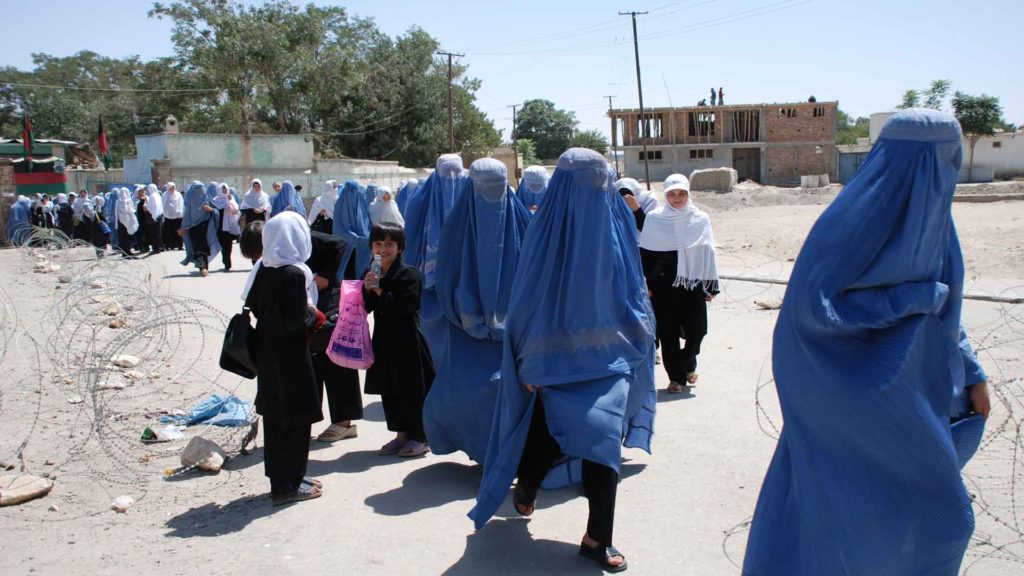Afghanistan
Afghanistan benefits from an enviable geographic position: although landlocked, the country is a key crossroads for global trade and one of the main stops on the Silk Road. This position has led to invasions and significant political instability.
Contemporary History
As a reminder, this country has been at war since 1979:
1979-1989
Soviet Invasion
1989-1995
Intra-Mujahideen Civil War
1995-2001
Civil War under the Taliban Regime
2001-2022
NATO Intervention
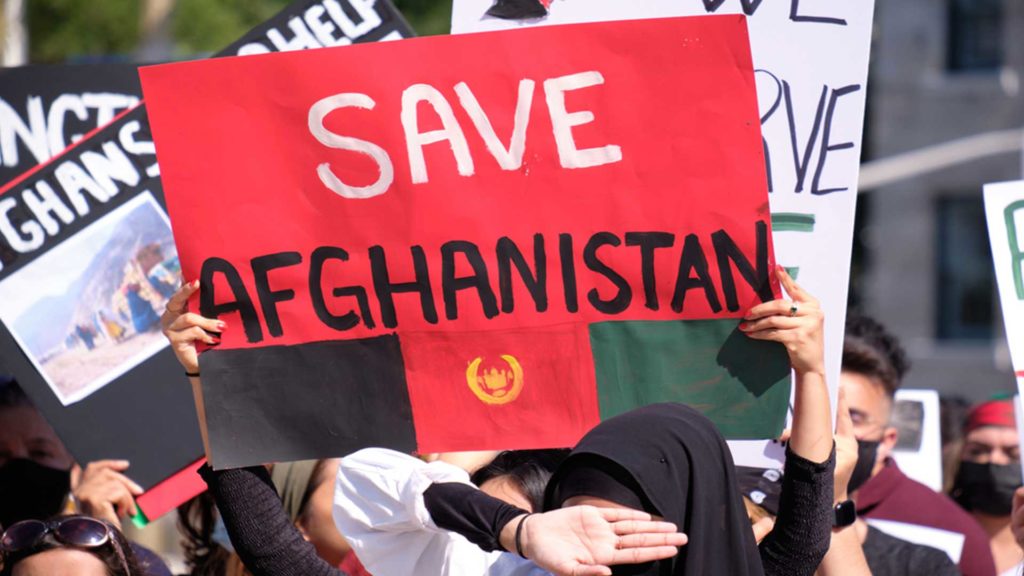
So it’s been more than a generation that has never known peace, nor lived in security.
However, the past 20 years have seen a forced modernization of the country and society, notably with the empowerment of women across all sectors: administration, health, information and communication, commerce and craftsmanship, banking, judiciary, and more. These domains have significantly feminized due to substantial economic aid from the international community.
The consequences of the Taliban coming to power
Since the Taliban took power on August 15, 2021, the country has been cut off from its main source of revenue.
The freezing of foreign assets has repercussions on all public services, which are on the brink of collapse. The lack of liquidity in banks fuels inflation, affecting all layers of Afghan society. Salaries are no longer paid, and unemployment is soaring.
Seeking international recognition, the Taliban regime has so far provided no guarantees regarding the respect for human rights, which is a prerequisite for potential recognition. The government, intended to be inclusive and representative of religious and ethnic diversity, is ultimately composed mostly of Pashtun men. Many of the new ministers are affiliated with the hardline faction of the movement (several ministers are on UN sanction lists, and four have been through the American Guantanamo prison).
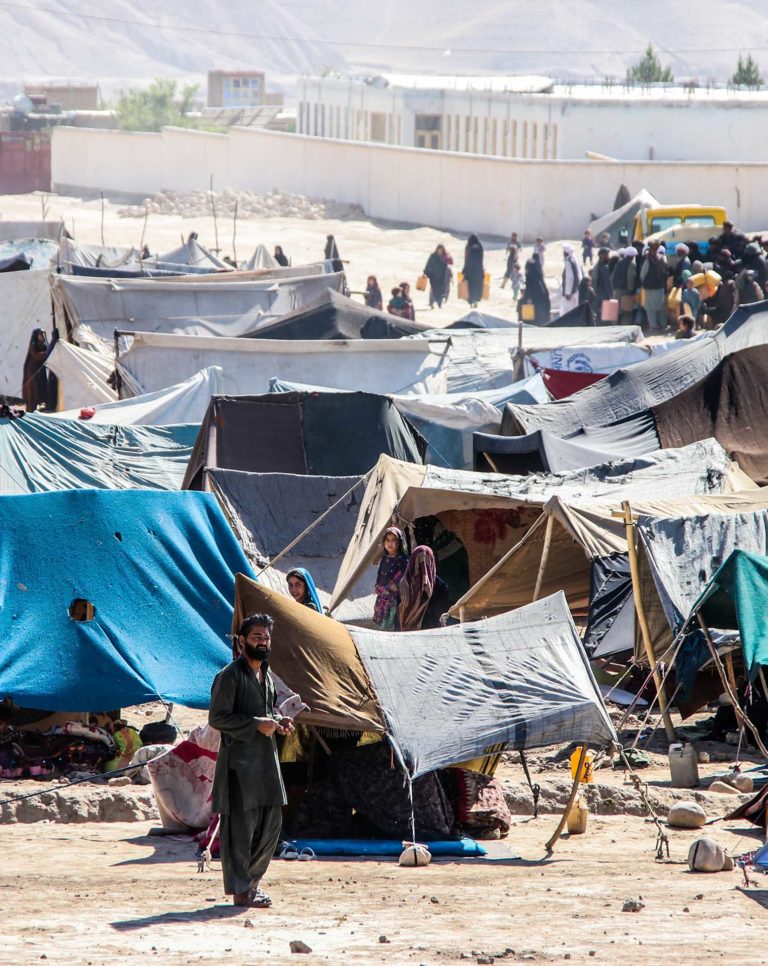
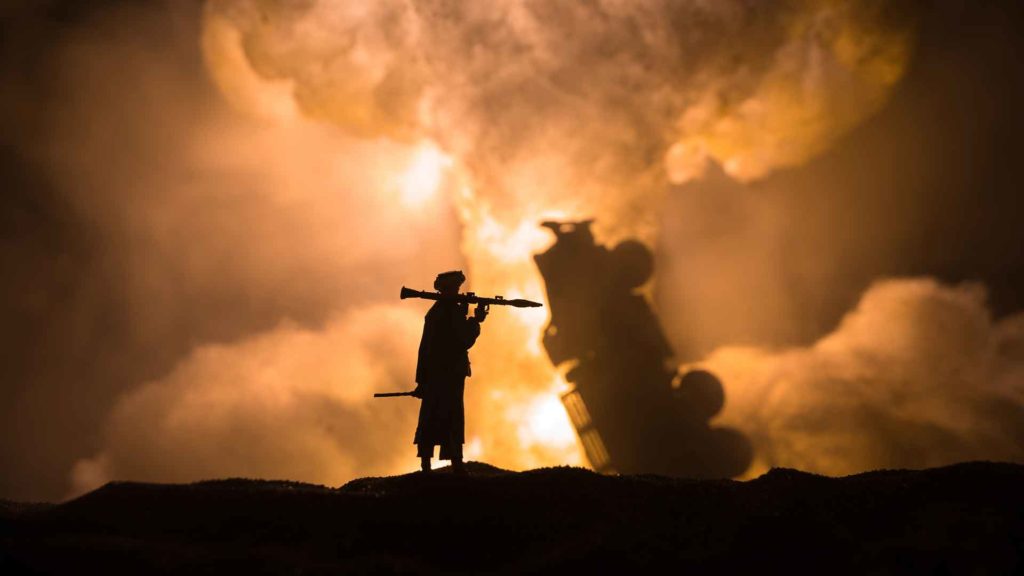
Declared a national priority, restoring security in Afghanistan appears, once again, to be an unfulfilled promise by the Taliban government.
Indeed, violent attacks carried out by the rival fundamentalist group ISKP (Islamic State in Khorasan Province) have occurred since their return to power. In fact, 2021 has become the deadliest year since UNAMA (United Nations Assistance Mission in Afghanistan) began reporting on the country’s security situation. The Taliban offensive and takeover have resulted in record levels of casualties since May 2021, both in terms of deaths and injuries.
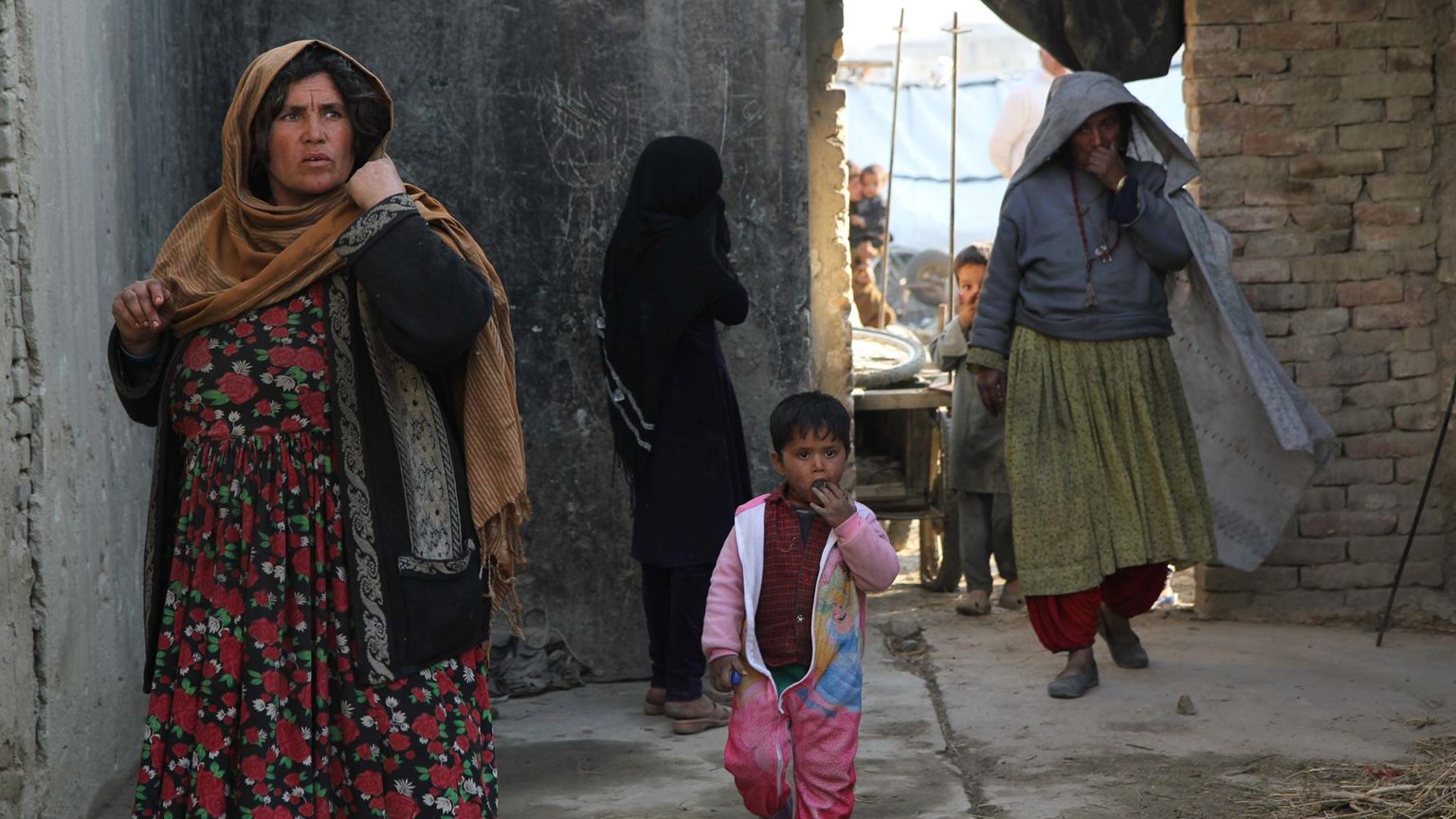
Women and children are the first victims of the ambient insecurity which underlines the incapacity of the movement to govern.
Humanitarian crisis
Today, Afghanistan faces one of the most complex humanitarian crises in recent history.
It is explained by the convergence of several factors such as successive waves of Covid-19, repeated droughts, the increase in fighting between government forces and the Taliban following the announcement of the withdrawal of American troops and the takeover of power. of the Taliban.
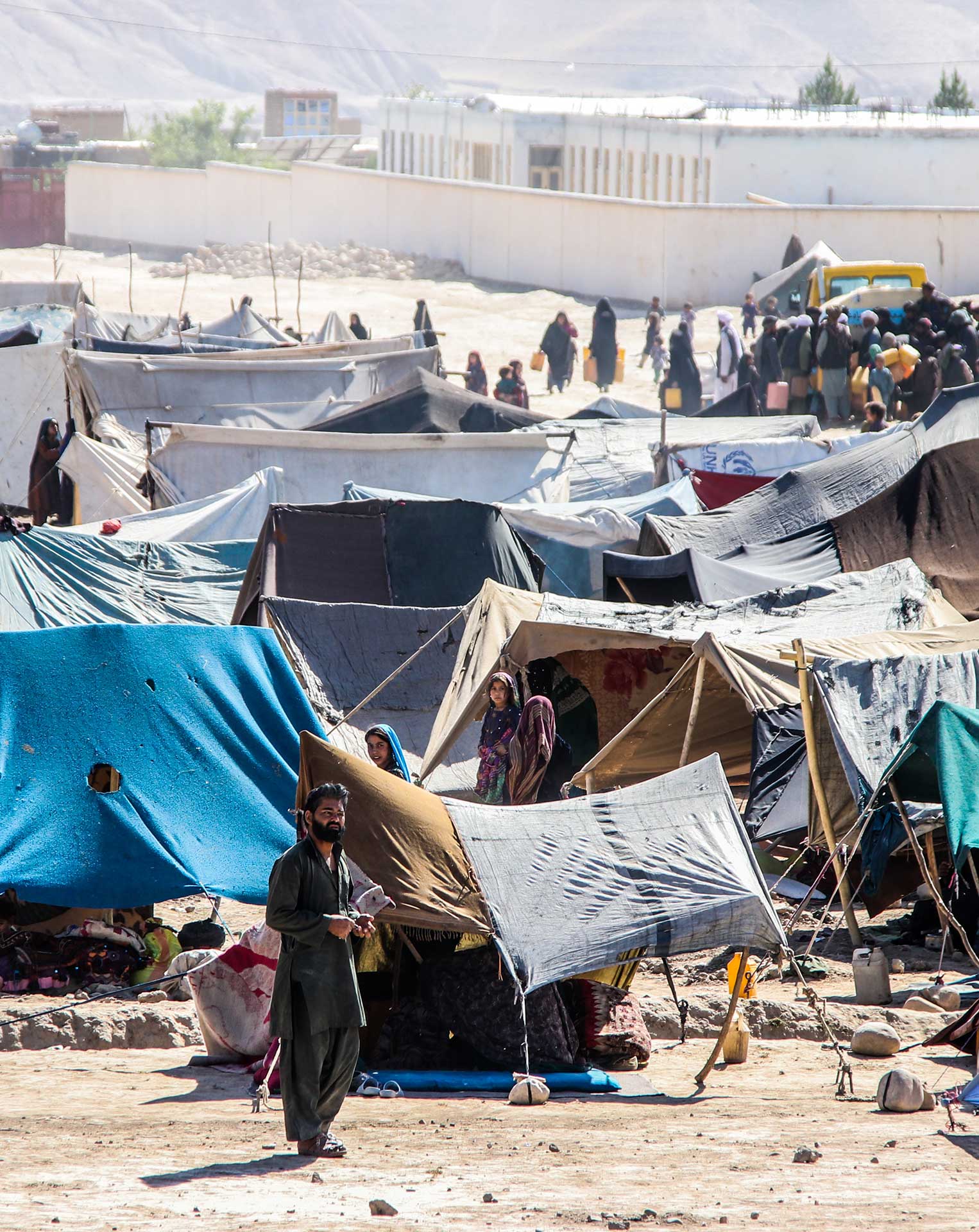
The specific situation of girls and Afghan women
Afghan girls and women are particularly suffering from the consequences of the Taliban’s return to power.
The promises and commitments made the day after the capture of Kabul were quickly flouted, reducing to nothing the progress made over the last twenty years.
The successive restrictions on the rights of girls and women are cruelly reminiscent of those taken in 1996 when they first took power.
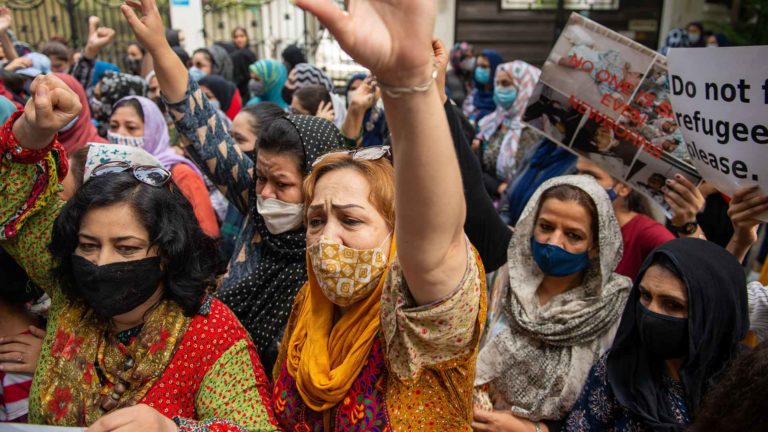
Today, girls can no longer attend secondary schools and their access to public universities is prohibited:
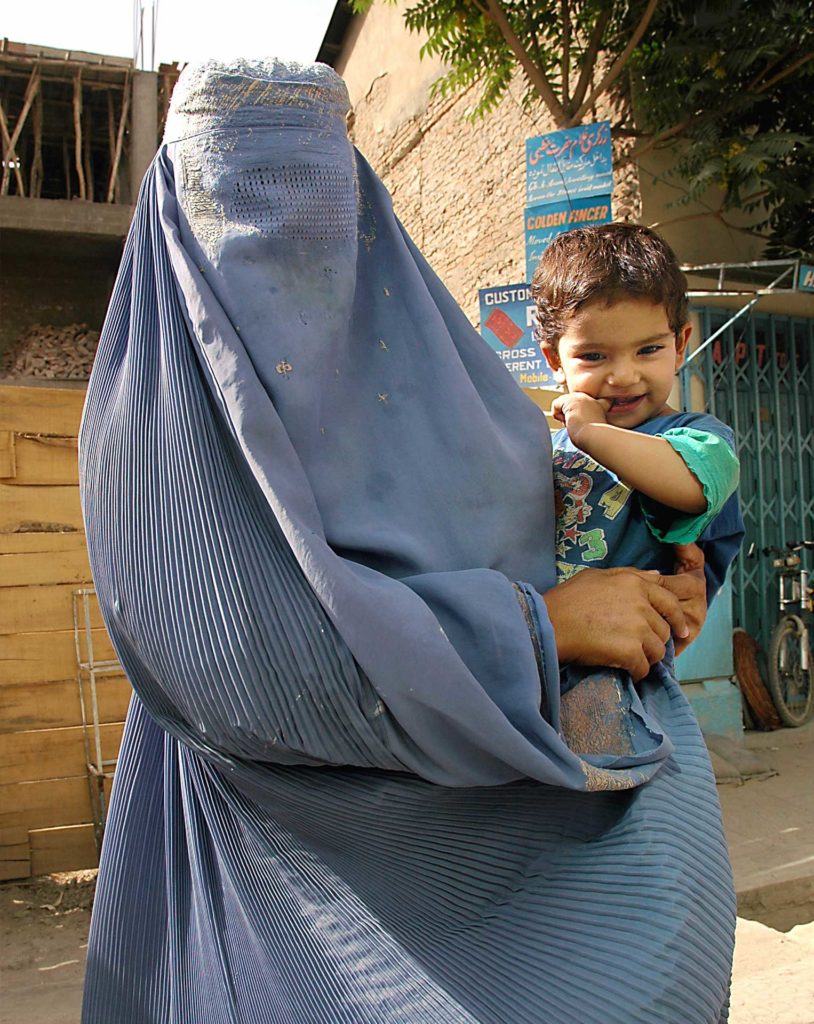
Excluded from public jobs, women are asked to stay at home and if they go out, it is accompanied by a man and covered with a chadri.
They can no longer play sports, go to public parks and are required to wear a concealed face everywhere.
This policy, which aims to make women invisible in the public space, is not part of even the most conservative Islam. It is not imposed during the traditional “hajj”, the trip to the holy places of Islam.
Afghan women who, after years of study, had acquired leading professional positions are also threatened with reprisals. Police officers, magistrates, lawyers, journalists and human rights activists are today not only deprived of jobs but often sought after and directly attacked, imprisoned, tortured, and even murdered for some.
If the Taliban of today differ in no way from those of yesterday, girls and women have been able to emancipate themselves by benefiting from the window of opportunity that the last twenty years have represented.
They now know their rights and will do everything to keep them. Afghan women show us absolute courage in demanding their rights. They go out into the streets, they testify on the networks despite active repression by the Taliban.
This is why it is essential to help them resist by all means within the limits of their endangerment.
